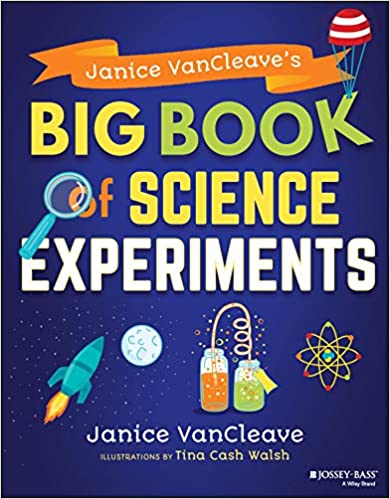While searching for a picture of a pressure cooker, I found the one shown. The mess in the photo is the result of the cook opening a pressure cooker too early. The mess shown in the photo is nothing compared to having an erupting volcano of green pea soup splatter your ceiling and walls. YEP! I was too quick in opening the steaming pot.
Did I know better? YES!!!
Why did I do it?
My only explanation is that I was having an exceptionally ADDDDDDDDDDDDDDDDD day. My mind was flipping between different projects and during one flip it had not canceled the order for my hands to open the pot. I was thinking of something else when I opened the pot. I was jerked back to reality when the lid flew out of my hand and was followed upward by the volcanic eruption of the green pea soup in the pot.
I hope the cook who opened the cooker in this photo did not receive the skin burns that I did. Thankfully my brain immediately focused on the emergency and sent out the necessary survival messages so that I protected my face and my legs went into action getting me away from the super hot green goop that was raining down.
So what caused the lid and soup to be propelled out of the pot ?
Why was the soup so hot that I had bad burns everywhere it touched my skin?
The answer is that the boiling point of a liquid changes with atmospheric pressure. In an open pot, the pressure of the air above the liquid being heated determines the liquid’s boiling point. Since air pressure decreases at high altitudes, liquids boil at lower temperatures than at sea level where the air pressure is greater. In a pressure cooker, the lid is sealed resulting in an increase in the air pressure inside the cooker. Thus, the boiling point of the liquid is very high, much higher than the same liquid being heated in an open pot.
Before I close, let me say that my stupid accident happened in 1980 and I still have the cooker and still use it. But, let me add, that I am extra cautious about opening the lid.
Big Book of Science Experiments
A book of fun informative experiments about astronomy, biology, chemistry, earth science, and physics.
(Paid Link)

